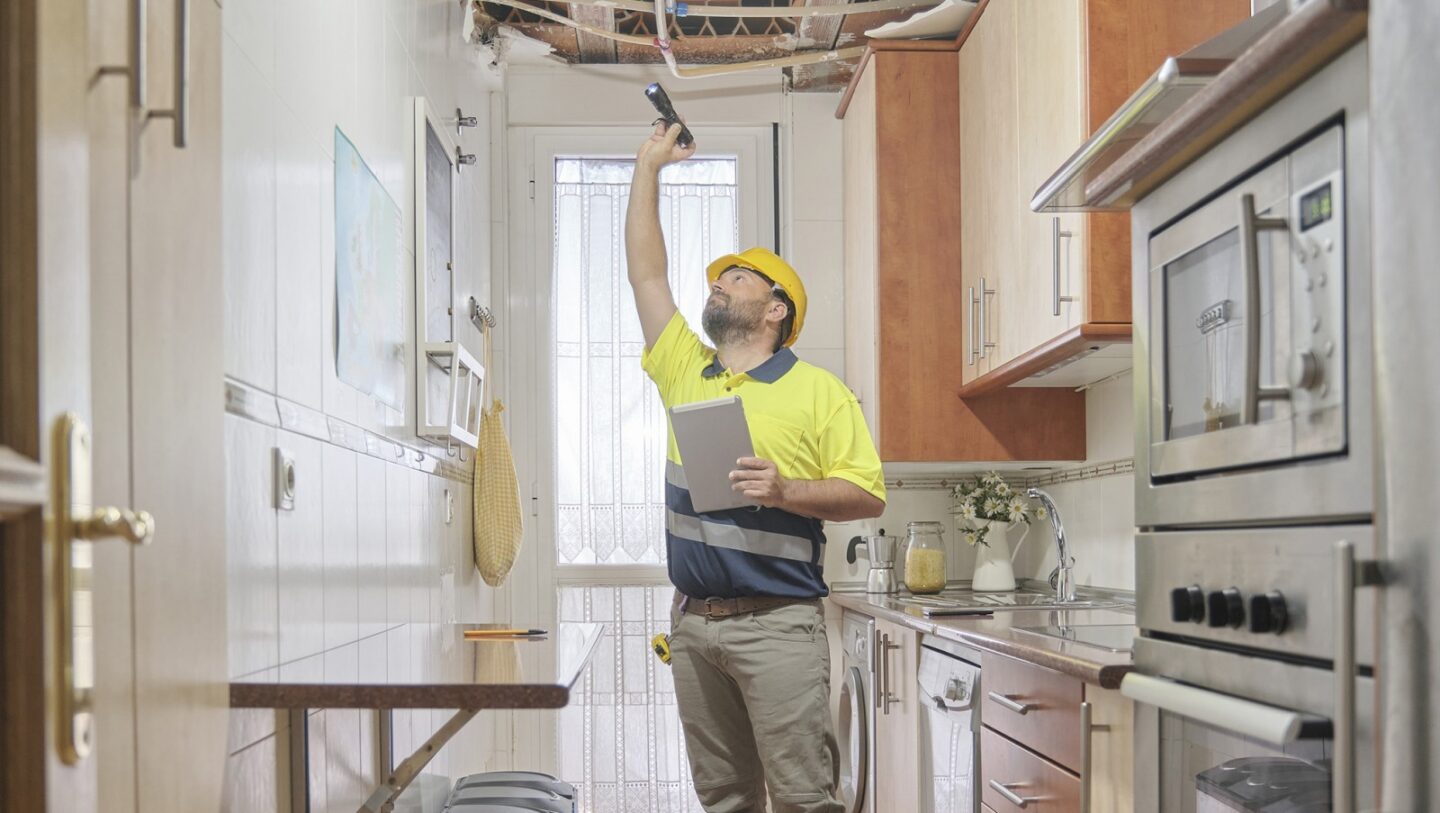
When buying a home, the journey is filled with excitement and anticipation, but it can also be fraught with uncertainty. One of the most important steps in this process is the home inspection—a thorough examination that can make or break a Home Inspection real estate deal. Understanding the purpose, benefits, and process of a home inspection is key to ensuring you make a sound investment. This article will provide a detailed overview of home inspections, helping you navigate this crucial phase with confidence.
What is a Home Inspection?
A home inspection is a professional assessment of a property’s condition, conducted by a certified inspector. The goal is to identify any existing or potential issues that could affect the property’s value, safety, or functionality. The inspection typically covers various aspects of the home, including:
Structural Components: Examining the foundation, walls, roof, and other structural elements for signs of damage or instability.
Systems and Utilities: Checking critical systems like heating, ventilation, and air conditioning (HVAC), plumbing, and electrical systems to ensure they are operational and up to code.
Interior and Exterior Features: Inspecting doors, windows, floors, and exterior elements for issues such as leaks, wear, and pest infestations.
Safety measures: Verifying that safety features like smoke detectors, carbon monoxide detectors, and railings are in place and functioning correctly.
Why is a home Inspection Essential?
Identify Hidden Issues: A home might appear perfect at first glance, but underlying problems could be lurking. An inspection can reveal issues such as electrical faults, plumbing leaks, or structural damage that are not immediately visible.
Negotiate Repairs or Adjustments: Discovering problems during the inspection gives you leverage to negotiate with the seller. You might request repairs, ask for a price reduction, or even decide to walk away from the deal if the issues are too severe.
Ensure Safety: Safety is paramount in any home. An inspection helps identify potential hazards, such as mold, asbestos, or faulty wiring, that could pose risks to your health and well-being.
Peace of mind: Knowing the true condition of the property provides reassurance and confidence in your purchase. It helps you make an informed decision and avoid unexpected surprises after moving in.
How to Prepare for a home Inspection
Select a Reputable Inspector: Choose a licensed and experienced home inspector. Ask for recommendations from real estate agents, friends, or family, and check online reviews. Look for certifications from recognized organizations such as the American Society of Home Inspectors (ASHI) or the International Association of Certified Home Inspectors (InterNACHI).
Be present During the Inspection: If possible, attend the inspection. This allows you to see issues firsthand, ask questions, and gain a better understanding of the property’s condition. Your presence also demonstrates your commitment to the process.
Review the Inspection Report: After the inspection, you will receive a detailed report outlining the findings. Carefully review this report and discuss any concerns with your real estate agent or a contractor. The report will include information on both major issues and minor maintenance concerns.
Plan for Potential Repairs: If the inspection uncovers significant problems, work with your agent to address them. This may involve negotiating with the seller to complete repairs, obtaining estimates from contractors, or reassessing your decision to proceed with the purchase.
Understand Limitations: Keep in mind that no inspection can uncover every possible issue. Inspectors do not typically dismantle systems or explore areas that are difficult to access. While an inspection is a valuable tool, it is not a guarantee against future problems.
Conclusion
A home inspection is a critical part of the home-buying process that offers valuable insights into the property’s condition. By understanding what a home inspection involves, why it is essential, and how to prepare for it, you can make more informed decisions and ensure that your new home meets your expectations. Whether you’re purchasing your first home or a new one, a thorough home inspection can provide peace of mind, protect your investment, and help you avoid costly surprises down the road.
